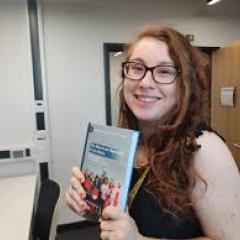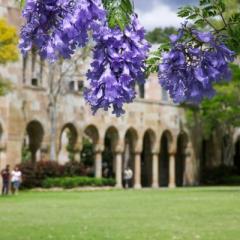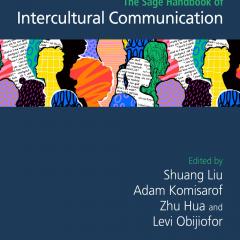'Media and Democracy' in India was the theme for the 2024 George Watson Lecture presented by Senior Professor and UNESCO Chair for Community Media, Vinod Pavarala. While Professor Pavarala discussed key opportunities and challenges for India, the lecture contained many observations and lessons relevant to the role of media and its intersection with politics on an international level.
Held UQ's Avalon Theatre in St Lucia, Brisbane, the event was well attended.
A "historic list" of George Watson Visiting Fellows is also available online.
"The George Watson Fellowship was established by a gift from Mrs M.L. Watson in honour of her son George Watson.
The object of the fellowship is to promote visits (biennial) to the University of Queensland by scholars in any of the fields of study taught by the School of Communication and Arts in order that staff and students of the University may benefit from their special knowledge and experience." (from the website)
This was one of several events which Prof. Pavarala participated in while in Brisbane, as reported in the newspaper of his home university, the University of Hyderabad Herald.
From the event webpage:
"In 2023, Reporters without Borders, a global media watchdog that measures press freedom worldwide, rated India at 161 among 180 countries, a slide downwards from its 150th position in the previous year. In this talk, I will explore questions such as: What does this negative assessment mean for a country that’s the largest democracy in the world and, as is being claimed recently, the ‘mother of democracy’? As the situation with media freedom is said to be going from ‘problematic’ to ‘very bad’ in several countries of the Global South, where deep inequalities still define their populations, what does it mean for substantive democracy, rather than merely electoral democracy? During the lecture, I will attempt a critical examination of these questions, using such indices as ownership of media entities, their proximity to political parties, and the autonomy of other democratic institutions that are expected to ensure the independent and free functioning of the media. Finally, I will discuss the the challenges posed by a severely constrained media space for sustaining a healthy civil society and fostering a deliberative democracy (one that is ‘talk-centric’ rather than ‘vote-centric’).
Vinod Pavarala is Senior Professor in the Department of Communication, University of Hyderabad, India where he has been teaching for nearly three decades. He has held the UNESCO Chair on Community Media since its establishment at the University in 2011. Prof. Pavarala's teaching and research are in the areas of communication for social change, community media, and media and democracy. He has been actively involved in research, policy advocacy, and capacity building in the field of community media, not only in India and elsewhere in South Asia, but also in East and West Africa and parts of Europe. His Ph.D. was from University of Pittsburgh, USA and he has held visiting positions at Princeton University, Loughborough University London, Tata Institute of Social Sciences, and Ashoka University.
At the University of Hyderabad, he has held several administrative positions, including as the Head of the Department of Communication, the Dean of the SN School of Arts & Communication, and Director, Office of International Affairs."



